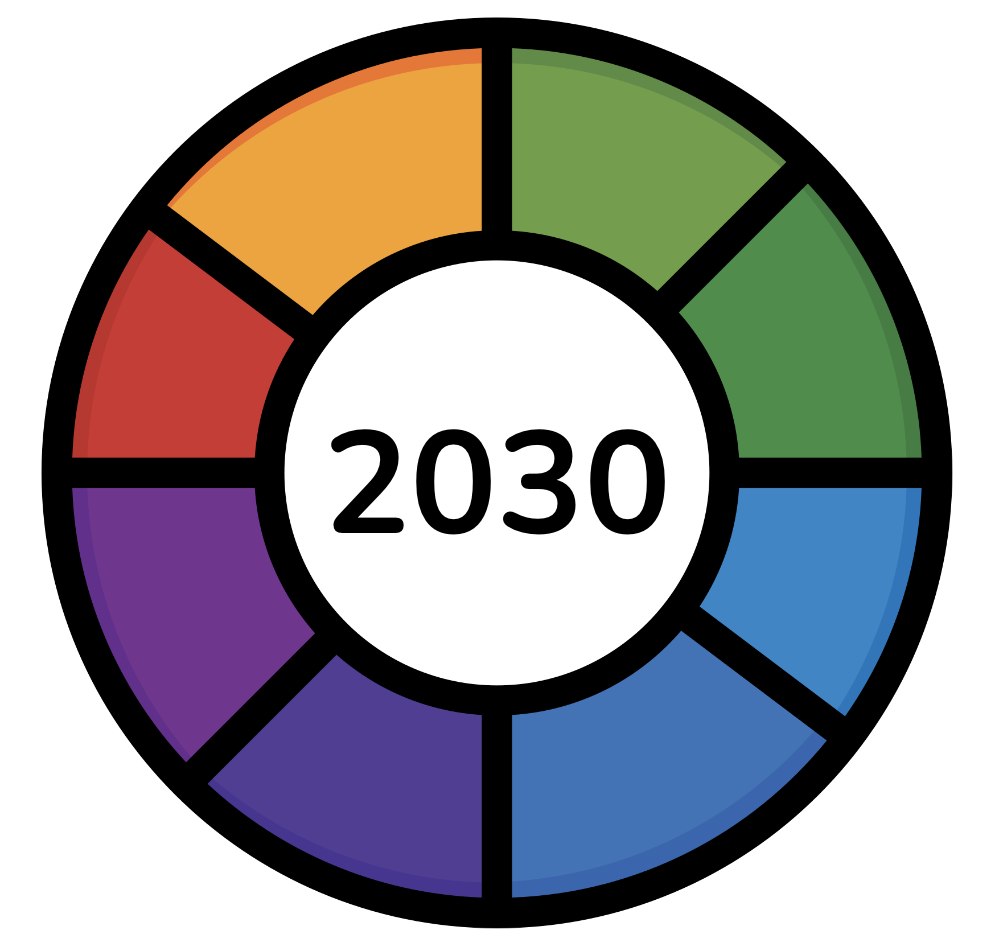
Throughout the IMPETUS project, our accelerator program will support 125 citizen science projects. Our aim is to ensure that the downstream effects of their work will pave the way for future initiatives and help to enhance the impact of the broader citizen science ecosystem.
Though not a new concept, citizen science has undergone significant growth and transformation over the past decade. Traditionally focused on data collection, it has now evolved into a truly collaborative research methodology. Participants from all walks of life can actively contribute to and drive research that matters to them, spanning various fields of science and innovation.
Through the IMPETUS open calls, we have witnessed the incredible diversity of these projects and the potential of citizen science to revolutionise research methodologies. Despite this progress, we are still only just beginning to understand the full scope and potential of citizen science. Given the dynamic and rapidly changing nature of the field, how it will continue to evolve is an exciting consideration.
Our partners at Nesta UK have been at the forefront of this exploration, mapping current trends in citizen science and developing insights into its future. They have identified and extrapolated four potential desirable futures that outline how citizen science might evolve by 2030. Using these scenarios as starting points, they have developed a set of valuable resources to help think more broadly about the desirable future of citizen science and to assess future opportunities and risks.

We are using these scenarios and our exploration of AI trends as inputs for workshops with policy stakeholders over the next 12 months. The workshops will identify suitable policy interventions and stimulate discussions about the future of citizen science.
We ran a workshop using these scenarios at #TicTec, the Impacts of Civic Technology conference in London in mid-June 2024. We’re keen to run more workshops to support citizen science. If you have an idea for how to use these scenarios to stimulate discussions about the future of citizen science, or if you are interested in following up on any of the ideas presented here and how we got to them, please get in touch at: collective.intelligence@nesta.org.uk
Click on the button below to explore what the future may hold for citizen science and learn how to use these scenarios in your own exploration of the topic.


